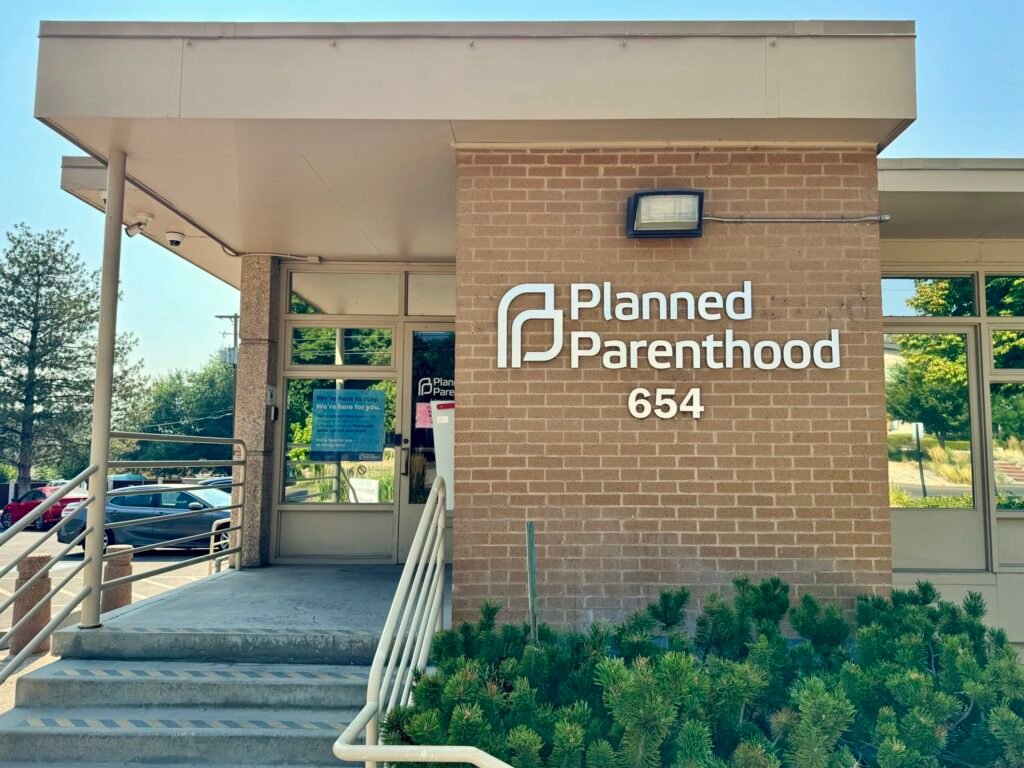WASHINGTON – On Friday, Planned Parenthood clinics nationwide informed Medicaid patients that their routine healthcare appointments will no longer be covered, set to take effect following federal court rulings.
This shift could linger for months and impact hundreds of thousands of Medicaid enrollees who seek non-abortion-related medical care at these clinics.
“This decision is devastating for patients across the country and further strains an already overloaded healthcare system,” stated Shireen Golbani, president and CEO of the Utah Planned Parenthood Association. “We’re concerned about undetected cancers and untreated STIs.”
Dominic Lee, president and CEO of the Massachusetts Planned Parenthood League, noted there are currently no other healthcare providers ready to take on these Medicaid patients.
“No one is waiting in the wings to take care of our patients,” Lee emphasized. “Planned Parenthood serves as a crucial safety net.”
According to Planned Parenthood, approximately 200 out of 600 clinics may have to close if Medicaid patients can’t receive care and get reimbursed. This affects low-income individuals and those with disabilities.
“We are working hard with our colleagues to minimize that number,” said Alexis McGill Johnson, president and CEO of the Planned Parenthood Federation of America. “It’s important to recognize that 50% of our patients rely on Medicaid for their health insurance. The impact on health centers is significant, as they depend on reimbursement similar to other healthcare providers.”
GOP Law Targets Planned Parenthood
For decades, federal law has restricted access to abortion services, allowing for limited exceptions only in cases of rape, incest, or when the life of the pregnant individual is at risk.
Earlier this year, Congressional Republicans included terms in a major legislation package to block Medicaid funding for certain healthcare organizations that received over $800,000 in reimbursements in the previous fiscal year.
Initially set for a 10-year duration, this age was cut to one year in the final bill and seemed particularly aimed at targeted Planned Parenthood services. It would bar the organization from receiving Medicaid funding for non-abortion-related healthcare such as yearly check-ups, cancer screenings, and STI testing.
Planned Parenthood filed a lawsuit promptly in July in U.S. District Court in Massachusetts after President Trump signed the law into effect.
A District Court judge issued a temporary restraining order following that lawsuit, enabling Medicaid patients to continue receiving routine healthcare at Planned Parenthood while the Department of Health and Human Services was halted from enforcing that part of the law.
However, a three-judge panel from the U.S. Court of Appeals for the First Circuit recently overturned a lower court’s decision, allowing the suspension of Medicaid funding for Planned Parenthood while the legal battles continue.
Peyton Humphreville, a senior staff member and attorney at Planned Parenthood Federation, mentioned during a call with reporters that the organization is exploring all possible options but doesn’t anticipate new rulings until later in the year.
“The First Circuit has established a timeline for the preliminary injunction appeal, expected to be completely briefed by mid-November,” Humphreville noted. “After that, oral arguments will be scheduled, leading to rulings on the appeal concerning the preliminary injunction.”







